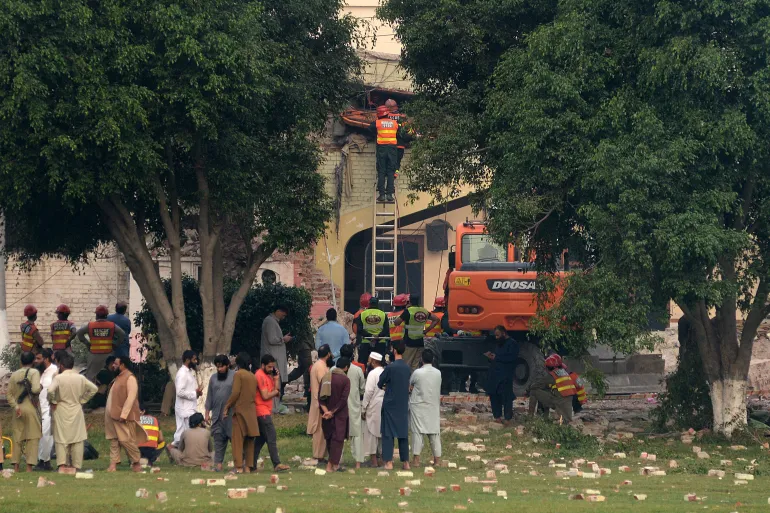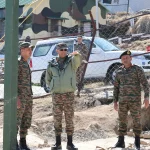In a dramatic escalation of regional tensions, the Indian government announced the continuation of Operation Sindoor, a precision military campaign targeting terrorist infrastructure in Pakistan and Pakistan-occupied Jammu and Kashmir (PoJK). The strikes, launched on May 7, come in direct response to the April 22 Pahalgam terrorist attack, which killed 26 Indian and foreign tourists, marking the deadliest militant assault in Indian-administered Kashmir since 2019.
Indian forces carried out 24 missile strikes on nine terror-linked locations, including known strongholds in Muridke and Bahawalpur, using Rafale fighter jets and SCALP cruise missiles. Officials emphasized that the targets were exclusively terrorist hideouts, not military installations, in a bid to keep the operation “measured, proportionate, and responsible.”
Foreign Secretary Vikram Misri and Defence Minister Rajnath Singh both stressed that the operation aimed to “dismantle the infrastructure of cross-border terrorism” while avoiding civilian casualties. However, Pakistan condemned the airstrikes as an “act of war”, and Prime Minister Shehbaz Sharif vowed retaliation, deepening concerns over the potential for full-scale military conflict between the nuclear-armed neighbors.
Tensions flared further after Pakistan retaliated with shelling in Jammu and Kashmir’s Poonch district, killing 12 civilians and one Indian soldier, and reports emerged of a missile strike near Amritsar. While some media outlets pointed fingers at Pakistan, Indian authorities clarified that the Amritsar blackout was part of a civil defense drill, not a result of foreign aggression.
The violence has disrupted daily life across northern India. Over 300 flights were canceled, 25 airports shut down, and the symbolic Attari-Wagah border ceremony in Amritsar was suspended for the first time in years. Security has been tightened nationwide amid fears of further attacks.
Public sentiment in India remains divided. While leaders like West Bengal Chief Minister Mamata Banerjee expressed support for the operation, others criticized the government for its restraint, calling for a firmer response to Pakistan’s alleged provocations and the loss of civilian life.
On the international stage, countries including Qatar, Japan, Iran, Israel, France, Germany, and Bangladesh urged both nations to de-escalate. The United States, through Congressman Rich McCormick, backed India’s right to self-defense, while Pakistan has reached out to China for military support, signaling a possible shift in regional alliances.
Foreign policy experts, including Michael Kugelman, warn that continued violence could draw both countries into a broader conflict, particularly if civilian deaths continue to mount and if Pakistan’s involvement in the Pahalgam attack is proven. Outlets like The Washington Post and CNN described India’s airstrikes as a “measured show of force,” but warned that the subcontinent is teetering dangerously close to open war.
As Operation Sindoor unfolds, the world watches with growing concern, hoping that diplomacy will prevail before the situation spirals further out of control.













